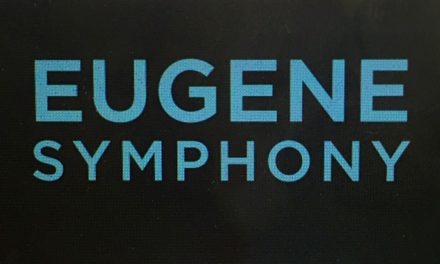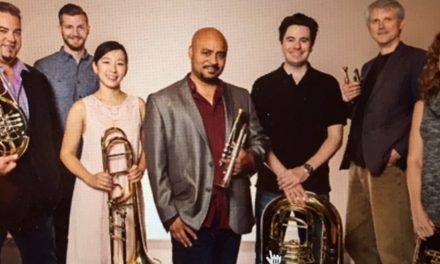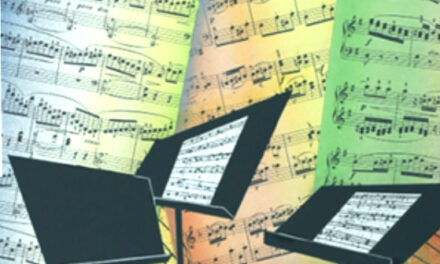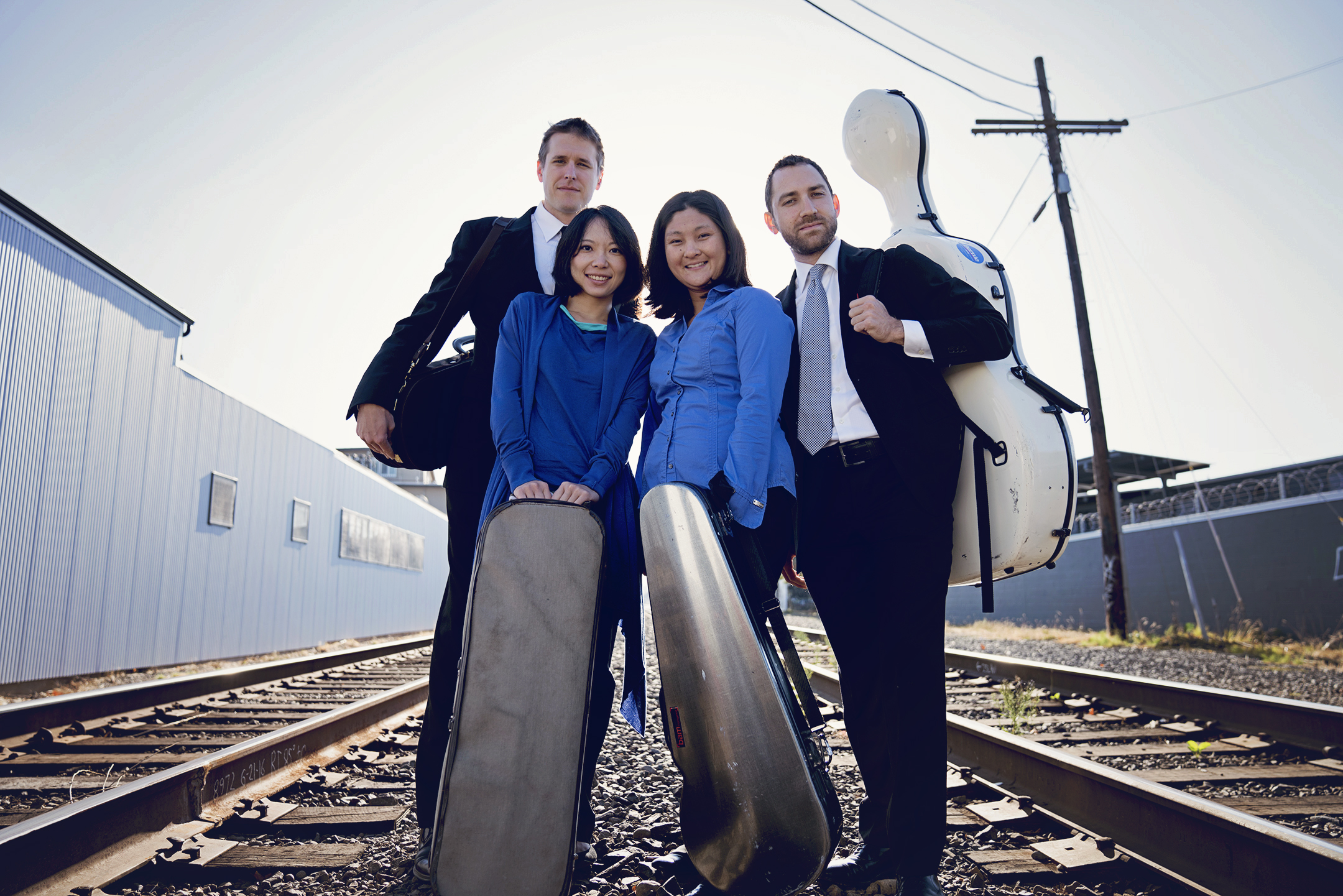By Daniel Buckwalter
(#CommonManAtTheSymphony)
Someday, I hope to strike off this bucket-list item: To complete the endurance test of seeing a full staging of Richard Wagner’s titanic and transformative masterpiece opera, Tristan und Isolde, in person.
True, I will have to carve out an entire day in my life to make it happen. The full opera’s running time is well over four hours, and I have a hard time today sitting through sports events that last that long. Throw in a pair of intermissions, and I will be buying beverages and snacks throughout. That’s certain.
Still, the Eugene Symphony Orchestra’s three-season examination of the three-act drama — led by conductor Francesco Lecce-Chong and which concluded with Act III on Nov. 16 at the Hult Center’s Silva Concert Hall — has whetted the appetite for me to give this a try someday. The trick, of course, is finding a nearby opera company with the resources and nerve to put it on.
There’s a reason that Lecce-Chong chose to stage each act over the course of three seasons. As gorgeous as the music is, and as wonderfully tangled as the love story of Tristan and Isolde is, Wagner’s revolutionary piece from the late 1850s is — well, a lot to absorb.
Each act of Tristan und Isolde is at least 80 minutes long, and Eugene Symphony played the score of each act with vocal soloists on stage (Act I was April 2022, Act II November 2022). For Act III on Nov. 16, the symphony and soloists performed in front of a modest-sized audience. Tristan und Isolde will test your fortitude.
Part of the reason Eugene Symphony’s staging of Tristan und Isolde over the course of three seasons has whetted my appetite for more is that I would love to hear more balance between the orchestra and the singers.
This is an inherent problem when a vocal soloist performs in front of an orchestra. I did strain to hear the part of Tristan (tenor Roy C. Smith) throughout Act III, and I was grateful for the soaring voices of Kurwenal (baritone Philip Horst) and Isolde (the magnificent soprano Nina Warren, who was brilliant in the “Liebestod” aria that closes the opera).
Yet I understand why the symphony chose the direction it did. Lecce-Chong wanted to focus more on the lush score that inspired great composers for generations afterward, and its simplistic magic endures.
The love story endures as well, and that’s why a full staging of Tristan und Isolde is now on my bucket list to see in person.
If only I can find a nearby opera company with the resources and nerve to put it on.








